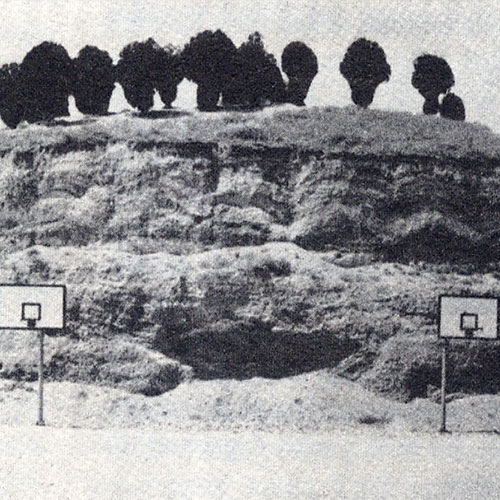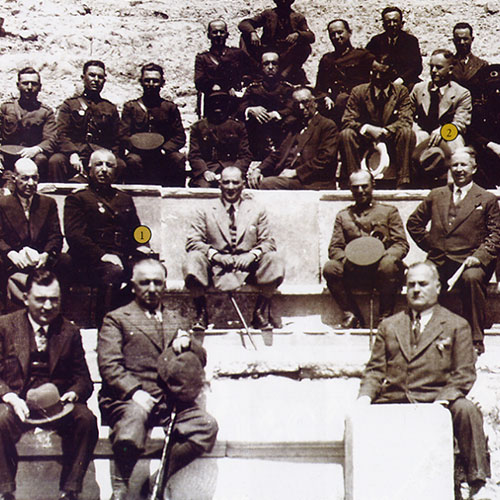

Talks on Atatürk
Atatürk and Turkish Archaeology
Prof. Mehmet Özdoğan
31 October 2018 / 18:30

This year marks the 80th anniversary of Mustafa Kemal Atatürk’s death. As a commemoration, İstanbul Research Institute presents its “Talks on Atatürk.” The second talk is “Atatürk and Turkish Archaeology” by Prof. Mehmet Özdoğan
Professional Turkish archaeology began in the second half of 19th century, not for scientific purposes, but rather as a requisite of Turkey’s westernization process. Its purpose was to collect artefacts for the Ottoman Imperial Museum, and the activity itself was a trapping of modernity in the international arena.
The proper recognition of archaeology as an institutional, scientific discipline developed as a state policy after the transition from the Ottoman Empire to the Republic of Turkey. Atatürk’s Turkey regarded archaeology not as a mere tool to fill the museums with artefacts, but rather as a field of science that enabled the documentation and understanding of the past. This was representative of Atatürk’s approach to the sciences.
While Atatürk proceeded to nationalise the Turkish economy, and structured the country’s education system around raising Turkish national awareness; he foresaw international cooperation as a prerequisite for the development of science in Turkey. For this purpose, many students were sent abroad to study sciences, including archaeology; and the government worked to make Turkey attractive to foreign scientists.
Since the first years of the Turkish Republic, permission was granted to foreign archaeologists who wanted to work in Turkey. Those wishing to work in Eastern Anatolia were especially appreciated, and they were asked to train Turkish students in the field. Cultural policies pursued in initial years of the Turkish Republic are often criticized for treating the past selectively, glossing over Turkey’s Ottoman heritage in favour of antiquity.
Yet, it must be noticed that in the same decades, many countries were only allowing excavations pertaining to their own national histories. Atatürk’s Turkey, on the other hand, adopted a holistic approach to Anatolian history, and permitted excavations on all eras, with an emphasis on Hellenistic, Roman and Byzantine eras. In the early years of the Turkish Republic, Turkish archaeology enjoyed its golden age, as proven by the Second Turkish History Congress, which convened at the Dolmabahçe Palace in 1937, with the participation the foremost archaeologists of the era. The exhibition organized as a part of this Congress still occupies a special place in Turkey’s recent cultural history, as one of the most comprehensive in the country.
This presentation focuses on the cultural policy developed by Atatürk that focused on archaeology; as well as Ataturk’s nature as a statesman and intellectual with a personal interest in archaeology, excavations and museums. The talk also compares Ataturk’s policies with archaeological and cultural policies developed in other countries contemporaneously.

